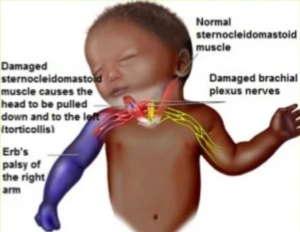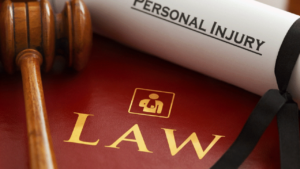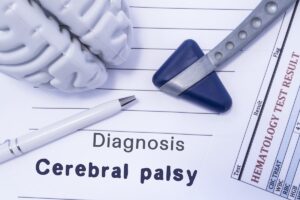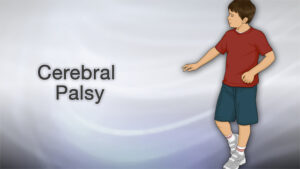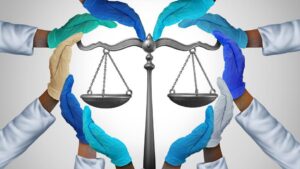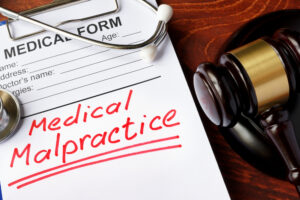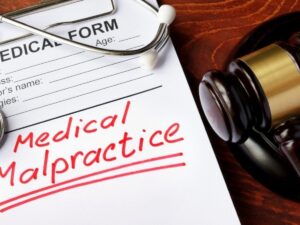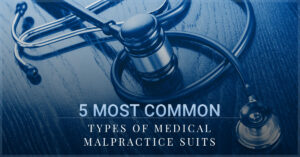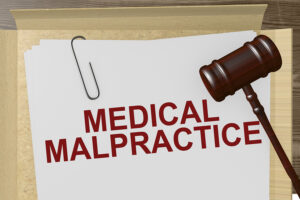In this blog post, we delve into the often-overlooked topic of the long-term consequences of car accidents. While the immediate effects of an accident are noticeable, such as physical injuries and property damage, this article aims to shed light on the potential lasting impacts that can significantly impact a person’s life. From chronic pain and disabilities to psychological trauma and financial burdens, we explore the various ways in which car accidents can leave a lasting mark on individuals and their loved ones. By understanding these long-term consequences, we hope to raise awareness about the importance of safe driving and taking preventative measures to mitigate the potential aftermath of a car accident.
Risk factors for car accidents
Car accidents can occur due to a variety of factors, some of which increase the likelihood of such incidents. Distracted driving, such as texting or using a mobile phone while behind the wheel, is a major risk factor. Additionally, drunk driving, speeding, and adverse weather conditions can also contribute to the occurrence of accidents.
Distracted driving
Distracted driving is a common cause of car accidents. When drivers divert their attention from the road, even for a split second, they put themselves and others at risk. Whether it’s texting, talking on the phone, or simply being lost in thought, distractions can have severe consequences.
Drunk driving
Drunk driving is a dangerous behavior that can lead to catastrophic accidents. Alcohol impairs judgment, coordination, and reaction time, making it extremely hazardous to operate a vehicle while under the influence. It is essential to always designate a sober driver or arrange alternative transportation if you plan on consuming alcohol.
Speeding
Exceeding the speed limit is a widespread practice, often resulting in severe accidents. Higher speeds reduce the driver’s ability to react to sudden changes in the road conditions or unexpected actions by other drivers. Speeding not only increases the risk of accidents but also amplifies the severity of resulting injuries.
Weather conditions
Adverse weather conditions, such as heavy rain, snow, or fog, can make driving extremely hazardous. Reduced visibility, slippery roads, and poor traction can increase the chances of losing control of the vehicle and colliding with other vehicles or objects. It is crucial to adjust driving behavior and exercise caution when driving in unfavorable weather.
Immediate consequences of car accidents
When a car accident occurs, there are immediate consequences that become apparent. These consequences include physical injuries, psychological trauma, and property damage.
Physical injuries
Car accidents often result in physical injuries to those involved. These injuries can range from minor cuts and bruises to more severe conditions such as broken bones, internal organ damage, or even amputations. The impact of these injuries can be long-lasting, requiring extensive medical treatment and rehabilitation.
Psychological trauma
Being involved in a car accident can cause significant psychological trauma. The sudden and unexpected nature of the event can lead to feelings of fear, anxiety, and helplessness. Some individuals may develop post-traumatic stress disorder (PTSD), experiencing flashbacks, nightmares, and emotional distress long after the accident has occurred.
Property damage
Car accidents often result in substantial property damage. Vehicles can be completely totaled, requiring costly repairs or replacement. Additionally, damage to other property, such as buildings, road signs, or fences, may also occur, leading to financial burdens for all parties involved.
Long-term physical consequences
The physical consequences of a car accident can extend far beyond the initial impact. Some individuals may experience long-term physical complications that affect their daily lives.
Chronic pain
Car accidents can lead to chronic pain conditions that persist for months or even years. Neck and back pain, joint pain, and nerve damage are common examples. Chronic pain can significantly impact an individual’s quality of life, limiting their ability to perform daily activities and engage in hobbies or work.
Disabilities
Serious car accidents can result in disabilities that permanently affect an individual’s mobility and independence. Disabilities can range from partial paralysis to complete loss of limb function. These conditions often require long-term medical care, assistive devices, and modifications to living spaces to accommodate the disabled individual’s needs.
Brain injuries
Head injuries are prevalent in car accidents and can have long-lasting consequences. Traumatic brain injuries (TBIs) can cause cognitive impairments, memory loss, and changes in behavior or personality. Depending on the severity of the injury, individuals may require ongoing medical care, rehabilitation, and support to manage their condition.
Spinal cord injuries
Car accidents can result in severe spinal cord injuries, leading to paralysis or loss of sensation in various parts of the body. Spinal cord injuries often require extensive medical treatment, rehabilitation, and assistive devices to help individuals regain some level of independence. However, the impact of these injuries on an individual’s life is often profound and long-lasting.
Long-term psychological consequences
The psychological effects of a car accident can persist long after the physical injuries have healed. It is crucial to address these consequences and provide the necessary support for individuals to recover.
Post-traumatic stress disorder (PTSD)
Car accidents can trigger the development of PTSD, a debilitating mental health condition. Individuals with PTSD may experience intense flashbacks, nightmares, and severe anxiety related to the accident. Effective treatment options, such as therapy and medication, can help individuals manage their symptoms and regain control over their lives.
Depression and anxiety
Car accidents can contribute to the development of depression and anxiety disorders. The emotional trauma and life-altering consequences associated with accidents can cause individuals to feel isolated, hopeless, and overwhelmed. Seeking professional help is essential to address these mental health conditions and prevent further deterioration.
Phobias
Following a car accident, individuals may develop specific phobias related to driving or being in a vehicle. This can significantly impact their ability to travel, engage in daily activities, or maintain social relationships. Cognitive-behavioral therapy can help individuals overcome their phobias and regain their independence.
Emotional distress
Car accidents can cause emotional distress, leading to mood swings, irritability, and difficulty managing emotions. It is essential for individuals to receive emotional support and therapy to cope with these distressing feelings and regain emotional stability.
Financial consequences
Car accidents can have significant financial implications, affecting individuals and their families for years to come.
Medical expenses
The cost of medical treatment following a car accident can be astronomical. From emergency room visits to surgeries, rehabilitation, and ongoing therapies, individuals may face extensive medical bills that can quickly deplete their savings and impact their financial stability.
Loss of income
Car accidents often result in temporary or permanent disabilities that can prevent individuals from working. Not being able to earn an income can lead to financial strain, making it challenging to cover daily living expenses, mortgage or rent payments, and other financial obligations.
Property repair or replacement costs
Property damage resulting from a car accident can be expensive to repair or replace. Whether it’s fixing a damaged vehicle or repairing other property that was involved in the accident, these costs can add up and place a significant burden on individuals and their insurance providers.
Legal fees
Legal fees can quickly accumulate following a car accident, especially if there are disputes over liability or insurance coverage. Hiring an attorney to navigate the legal process and advocate for fair compensation can be costly, further contributing to the financial consequences of the accident.
Impact on relationships and social life
Car accidents can have a profound impact on relationships and an individual’s social life.
Family dynamics
Car accidents can strain family relationships, especially if there are disagreements regarding fault or financial matters. The emotional toll of the accident can lead to increased tension and conflict within the family unit, requiring open communication and support to maintain healthy relationships.
Friendships
Car accidents can also affect friendships, as individuals may struggle to engage in social activities or maintain regular contact due to physical or psychological limitations. Friends may also find it challenging to understand the emotional impact of the accident, leading to strained relationships. Patience and understanding are vital in preserving friendships during these difficult times.
Social activities
Participating in social activities may become more challenging following a car accident. Physical limitations or transportation difficulties can prevent individuals from attending events, gatherings, or outings that were once a regular part of their social life. It is important to find alternative ways to stay connected and engaged with others, such as virtual interactions or seeking out accessible activities.
Preventing car accidents and minimizing long-term consequences
While car accidents can have devastating long-term consequences, there are measures individuals can take to prevent accidents and minimize their impact
Spector Law Group

